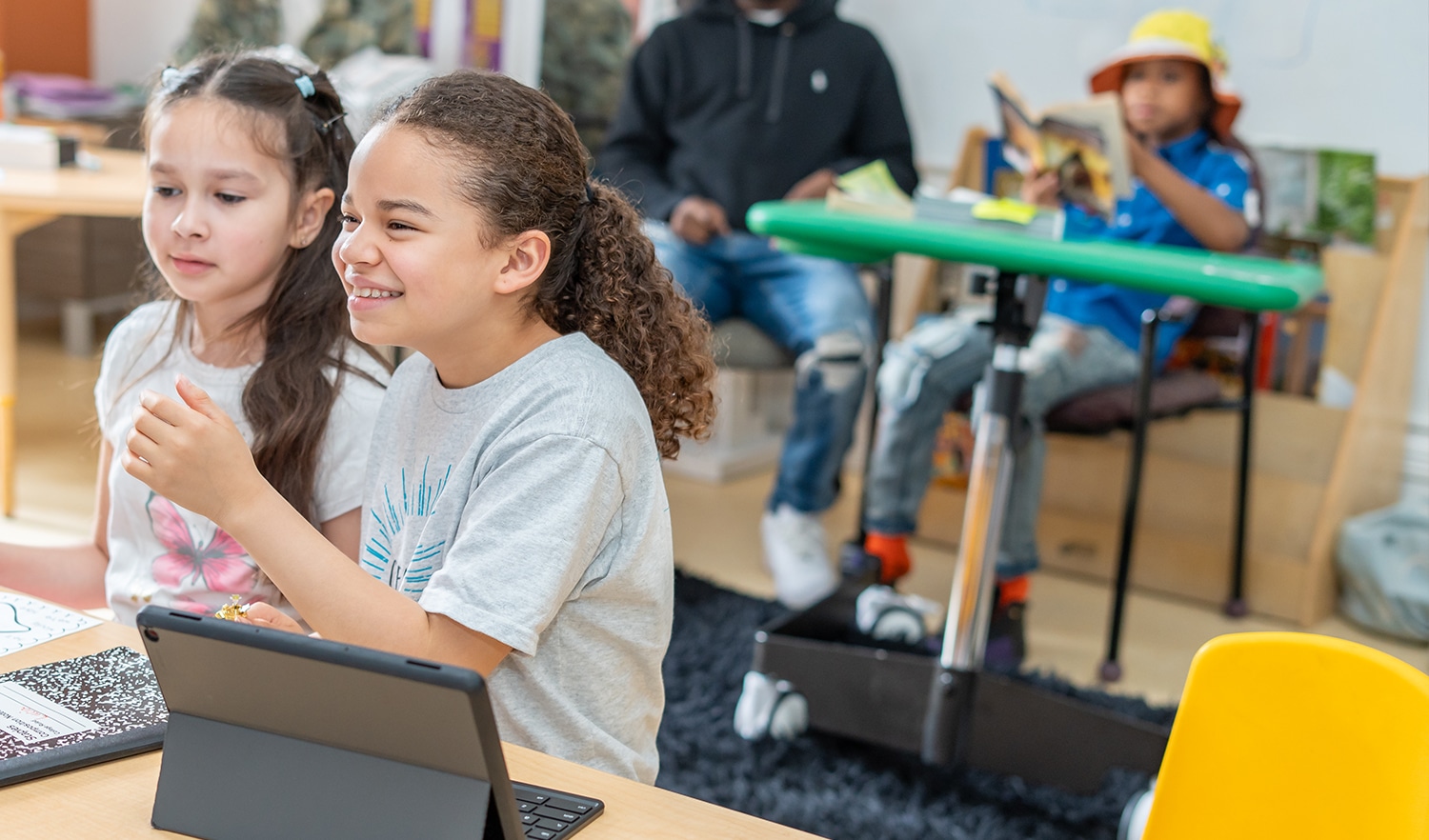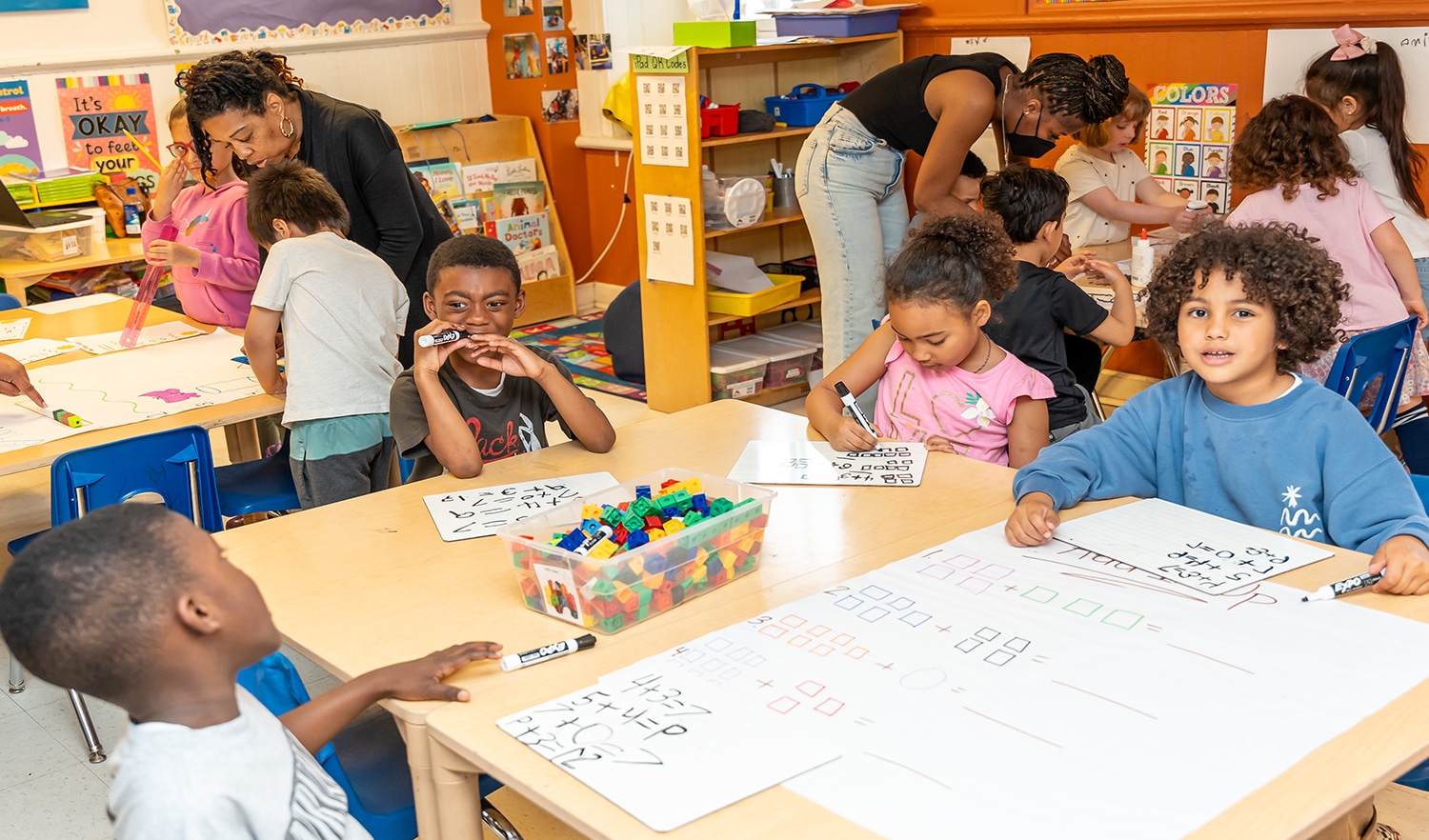Elementary (Second to Fourth Grade)
The International Primary Curriculum (IPC) supports the Academic, Personal, and International development of learners aged 5 – 12. Through its relevant, rigorous, and research-influenced Approach to Learning, it prepares students to be globally competent, socially conscious, and motivated individuals equipped with the skills and qualities to succeed in life.
Learn More
Instructional units bring together core academic subjects, science, social studies, and the arts, enabling children to make links across subjects in exciting and stimulating ways. The curriculum is designed so that students:
- Acquire the essential knowledge, skills, and understanding of a broad range of subjects;
- Engage with their learning through positive experiences so they remain committed to learning throughout their lives;
- Develop the personal qualities they need to be good, contributing citizens;
- Develop a sense of their own nationality and culture at the same time as developing respect for the nationalities and cultures of others.

Creative Minds’ Elementary program also incorporates the following:
- Literacy and math goals are based on the National Common Core Standards adopted by DC Public Schools.
- Math instruction focuses on hands-on exploration, problem-solving, and conceptual understanding beyond carrying out math procedures. Exploring multiple pathways to solve problems builds adaptability and resilience. Students debrief questions and complete exit tickets, which help students and teachers monitor understanding and provide the next steps.

Research-Based Curriculum
Curriculum activities are based on research into:
- Recent findings from the field of Mind, Brain, and Education
- Best practices for differentiating instruction based on each student’s learning profile
- The importance of opportunities for both individual and group work
- Using an exciting entry point to all units that motivate students to learn
- Tapping into each child’s prior knowledge
- Open-ended questions that invite curiosity
- Assessment activities that require children to represent their learning in different ways
- Parent involvement that supports children’s learning at home